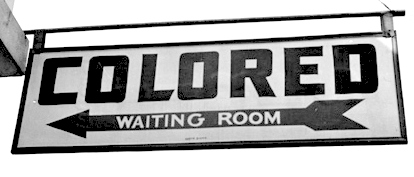Orcs, Trolls, Elves and more. With such fantastical races and landscapes, online gaming is an area where people can seemingly escape reality and all the expectations of society. For newcomers to the world of online gaming, it seems like anything can happen. You can be whomever you want to be, your race, gender, sexuality or physical limitations no longer matter. Games without avatars provide an even deeper layer of anonymity for players; for all you know, you could be playing against a faceless being behind a computer.
 However as most people will quickly realize, the online gaming world is very similar to the “real life” world and strong assumptions and stereotypes regarding players still exist. Players can largely avoid racial stereotypes as it’s hard to tell the race of the person behind the screen, however, gender stereotypes are harder to escape.
However as most people will quickly realize, the online gaming world is very similar to the “real life” world and strong assumptions and stereotypes regarding players still exist. Players can largely avoid racial stereotypes as it’s hard to tell the race of the person behind the screen, however, gender stereotypes are harder to escape.
After a short period of time, more...










